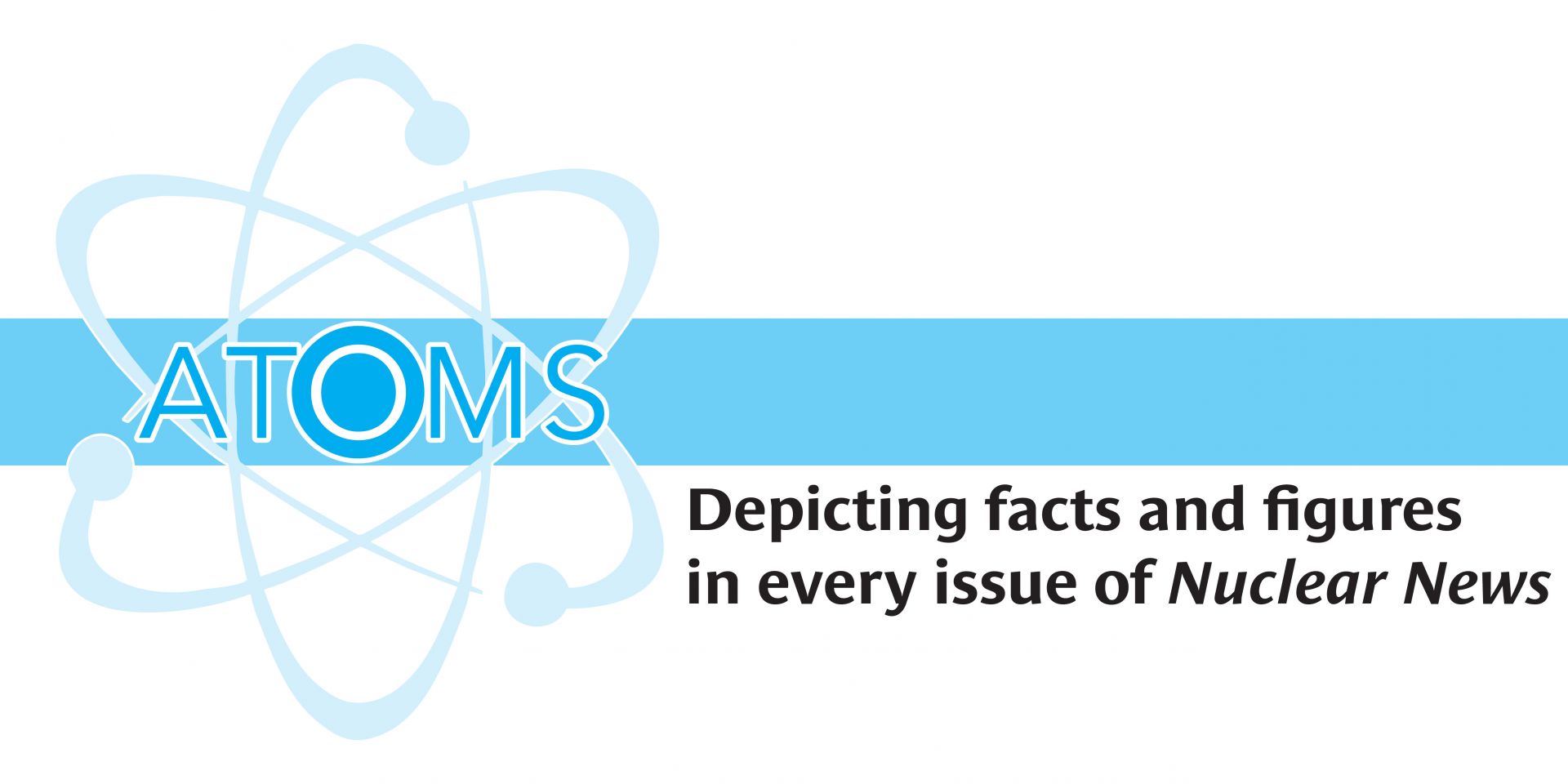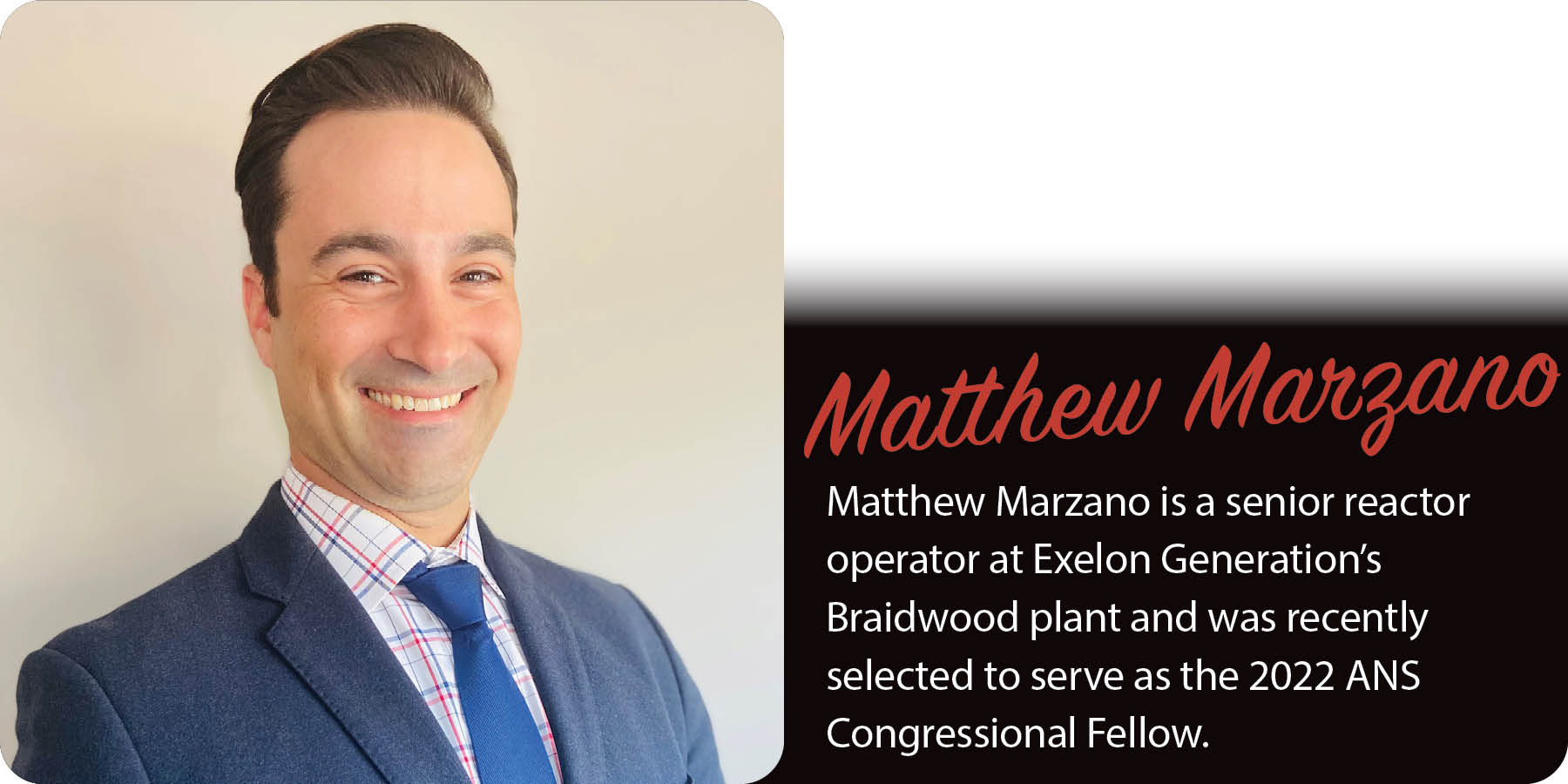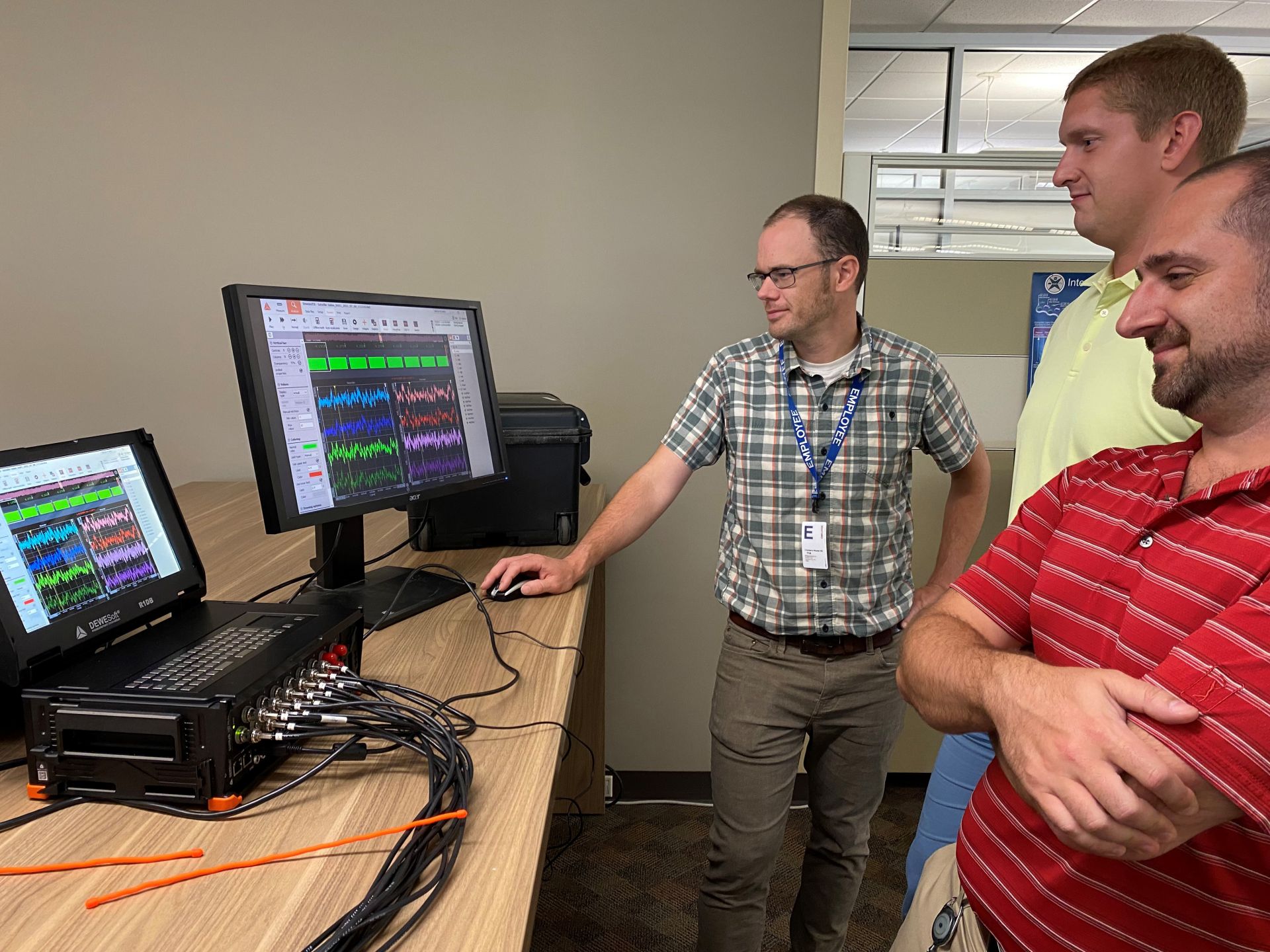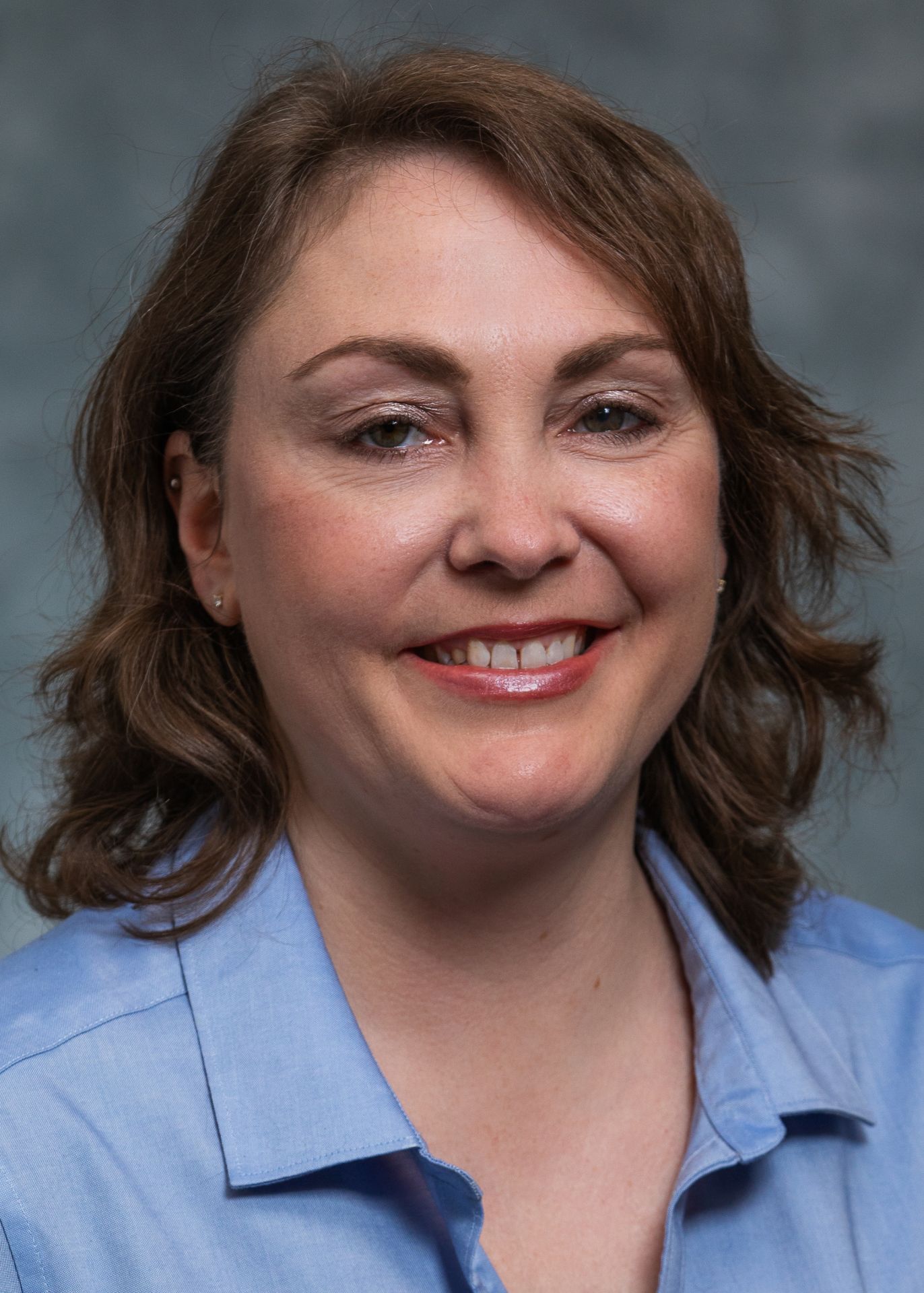October 15, 2021, 3:26PMNuclear NewsMatt Palamara, Ali Fakhar, Stephen Smith, Patrick Fabian, Nathan Lang, and George Holoman Neutron noise monitoring allowed engineers to observe and interpret vibration characteristics captured by neutron flux detectors. (Photo: PSEG/Westinghouse)
The nuclear industry has historically relied on intermittent ultrasonic test and visual inspections of pressurized water reactor components to identify and manage degradation. While this reactive approach has proven to be effective, imagine a scenario in which the degradation could propagate throughout the reactor internals, making a more proactive measure necessary to avoid a major enterprise risk to the plant. Could a utility identify the onset of degradation within the reactor internals during plant operation? If so, could a repair be developed prior to the next refueling outage to prevent additional, cascading degradation? That is exactly the situation that Public Service Enterprise Group (PSEG) and Westinghouse engineers were able to navigate over the course of the 2019–2020 operating cycle at Salem Unit 1, resulting in a tremendous success for the plant and a historic landmark in the nuclear industry, while earning the team a 2021 Nuclear Energy Institute Top Innovative Practice (TIP) award.
In the midst of the COVID-19 pandemic, U.S.-based experts from Dominion Engineering led European workers remotely in the execution of ultrasonic fuel cleaning.
Around the world in the mid-March time frame, conditions were changing rapidly due to the COVID-19 pandemic, as was everyone’s understanding of it. For nuclear power plants, the pandemic meant dealing with new government regulations and restrictions that were put in place. “U.S.-based support of international clients was especially challenging,” said Mike Little, president and principal officer of Reston, Va.–based Dominion Engineering Inc. (DEI). “With border closures going into effect, we were not only focusing on the health and safety of our workers abroad, but also making sure they would be able to return home. Providing remote subject matter expertise from the U.S. through our international service partners was critical to successful job execution during this time.”






